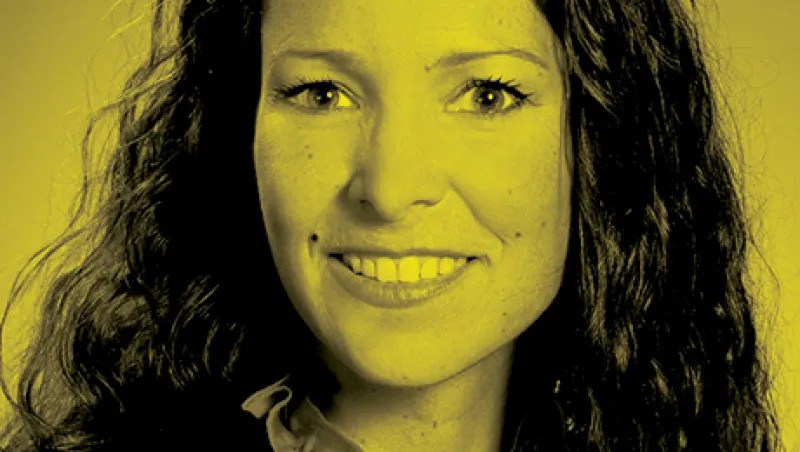
State Street’s Suzanne Duncan Reveals Investors’ Biggest Mistakes
In an exhaustive study, the head of research at the State Street Center for Applied Research found that money managers overemphasize alpha.
Julie Segal
March 26, 2015



